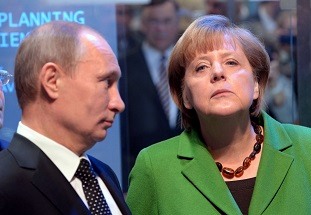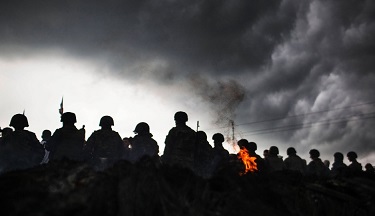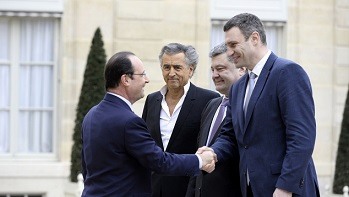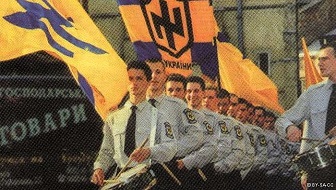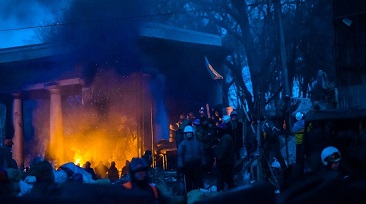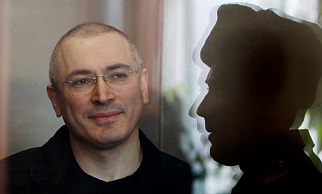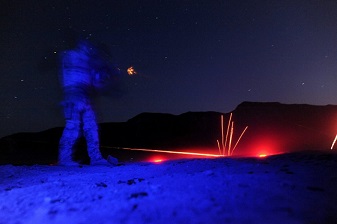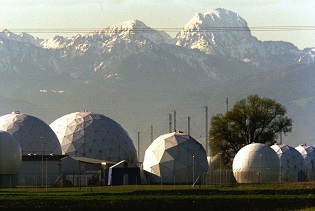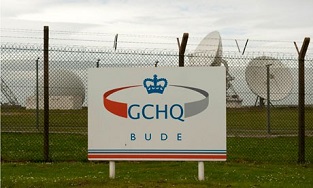EU summit in Ypres: The end of the European Union in its current form
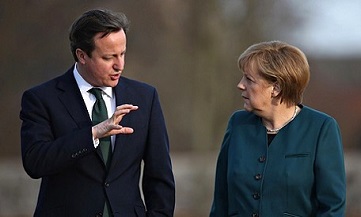
The Prime Minister of the United Kingdom, Cameron, and Merkel,
nominally the Chancellor of Germany, but in reality Washington’s
& Tel Aviv's complete whore.
The president of the European Council, Herman Van Rompuy, is opening today’s EU summit in the Belgian city of Ypres. The 28 heads of state and government are due to pay tribute to the hundreds of thousands of troops who died on the battlefields of the First World War around the town in Flanders. “It will be a moving ceremony as we will be testifying to what Europe is: a project of peace, solidarity and cooperation”, Van Rompuy commented.
In fact, Ypres is likely to be a symbol for the opposite: national discord, social conflict and war; and for the end of the European Union in its current form.
In the run-up to the summit, the conflict over who should be the future president of the European Commission escalated to a point that makes any compromise virtually impossible. British Prime Minister David Cameron is determined to prevent the election of former Luxembourg government leader Jean-Claude Juncker, who is supported by the majority of the EU parliament and of government heads. A vote, which Cameron will lose, seems inevitable. For the first time in the history of the EU, the influential head of the Brussels bureaucracy with its 33,000 employees will not be determined by consensus.

























